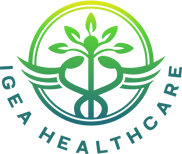AI For Good Summit Geneva 2025
This is meant to be just a brief overview of the AI for Good Summit this year in Geneva - looking at some of the key trends and key messages stemming from this fully packed four day event.
POSTS
Irene Petre
7/14/20252 min read


I was thrilled to attend the AI for Good Summit 2025 in Geneva🇨🇭 last week and meet some fantastic people! There was an incredible diversity of talks, presentations, workshops and tech demos, with over 150 exhibitors and more than 1000 international AI experts, academics, policymakers and speakers 💡 🎓 📢 .
AI is much broader than GenAI and LLMs such as ChatGPT or Google Gemini that everyone knows about and it has a really wide applicability in many sectors and potential for truly positive and truly negative impacts. Apart from consumer goods, it plays (or can play) a critical role in geopolitical conflicts, humanitarian crises, healthcare delivery, agriculture and more. According to KPMG and Forbes magazine 378 million people will use AI by the end of 2025 but there was an increase of c. 56% in harmful AI incidents (such as deep fakes, harmful chatbot info etc.) over the last year.
AI powered robots come in different colours and shapes these days, some with many useful capabilities in industrial manufacturing, medical interventions, education or disaster relief. But some AI and robots can be programmed to create music or paint like real artists - see Ai-Da Robot (which poses many ethical and real world dilemmas for the creative industry). It was also impressive the vast number of presentations dedicated to BCIs (brain-computer interfaces) and other medical solutions and research such as Cognito Therapeutics Inc., Bioniks - Innovative Bio-based Materials, MindRove, SenseGlove, Skaaltec, Optohive, Embodied AI, Predictheon etc. - to name just a few. Whilst the medical use cases are often clear, moving towards using brain reading or brain "adjusting" devices on employees (and it doesn't matter if these are pilots, surgeons or office workers) seems to open a whole can of (non-ethical) worms, but more on this another time.
The event also showcased some presentations from Human Rights organisations or more critical and cautionary voices such as Karen Hao, artist will.i.am or Geoffrey Hinton, Nobel Prize Laureate and "Godfather of AI". Whilst standardisation and AI governance remain key (despite some steps back from governments in the US and the EU), it becomes clear that more thinking and research should be dedicated to exploring how we can ensure AI doesn't take over and doesn't transforms human society for the worst (creating "alien beings" in the words of Geoffrey Hinton) or wipes out humanity - I think there were enough voices and evidence that we need to thread more carefully and that we need cross-sector collaboration: scientists, artists, tech people, psychologists, sociologists etc. should work more closely together rather than dismiss each other.
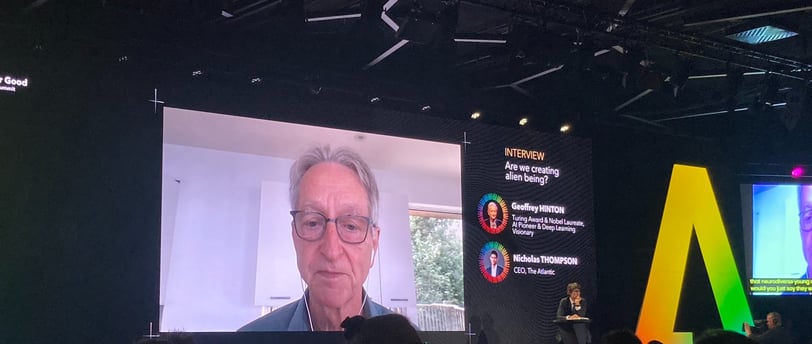

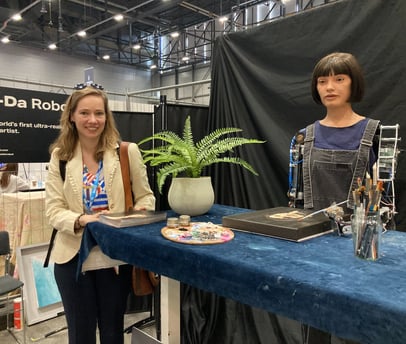

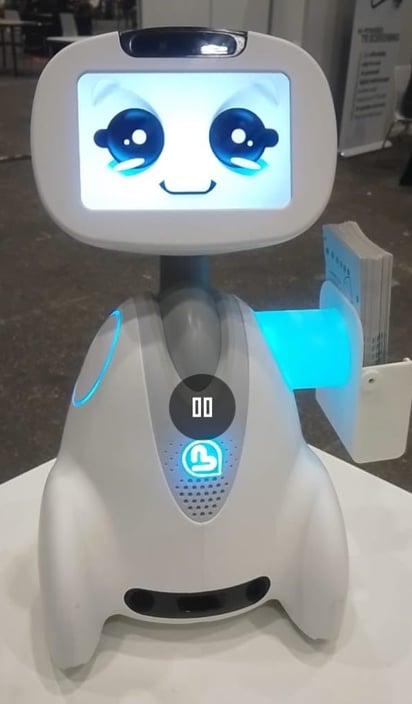

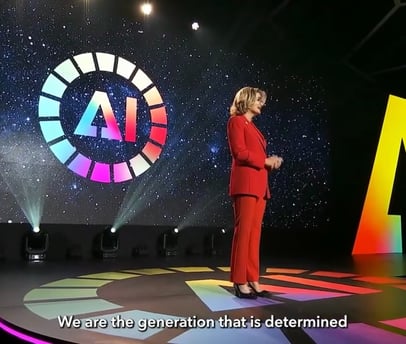

IGEA Healthcare
Strategic Advisory for Life Sciences
Switzerland, UK, Italy
contact@igeahealthcare.com
© 2025. All rights reserved.
